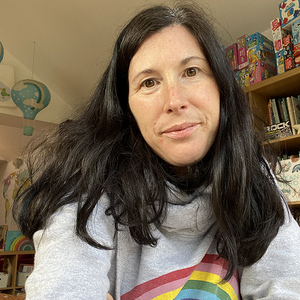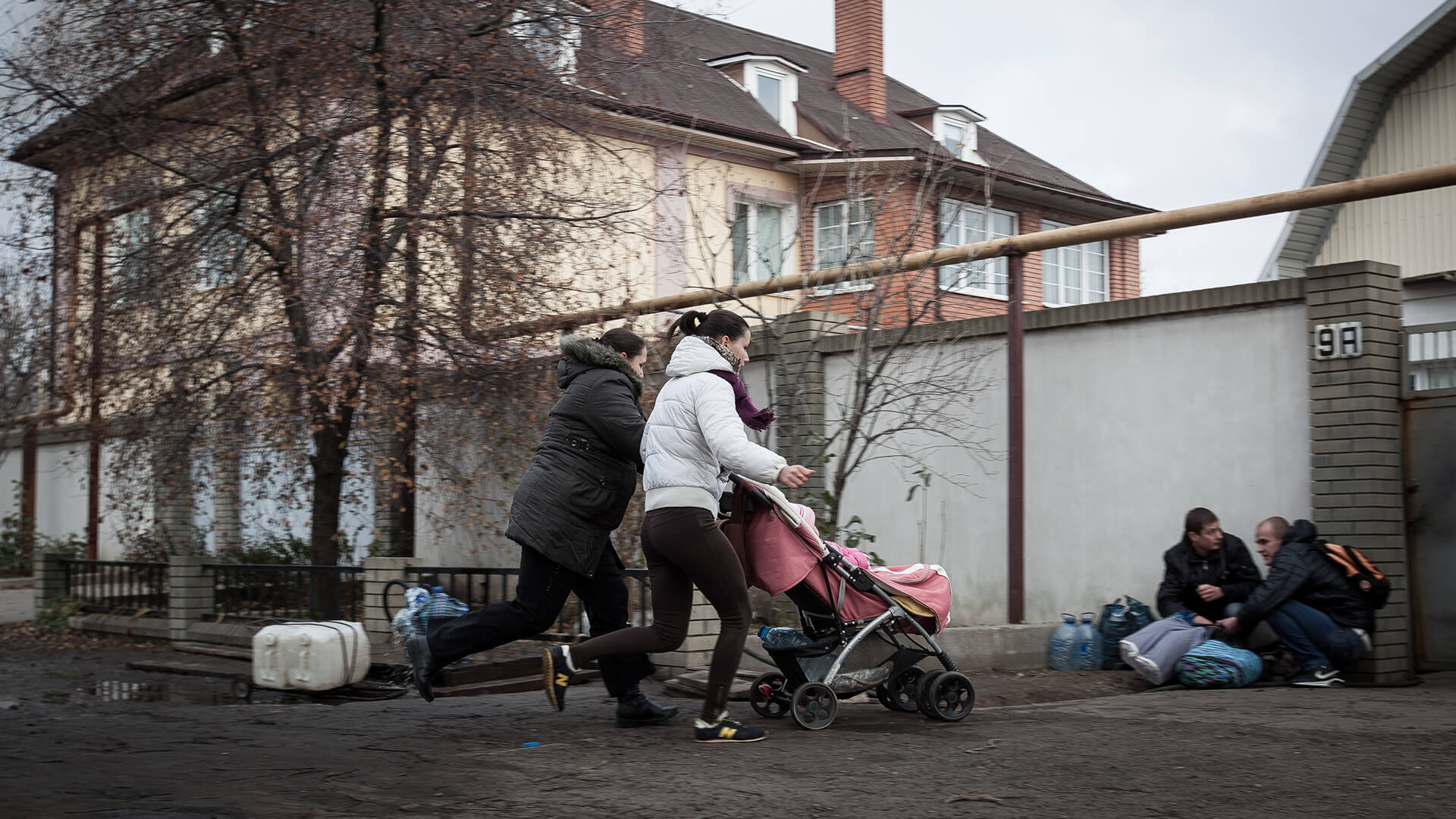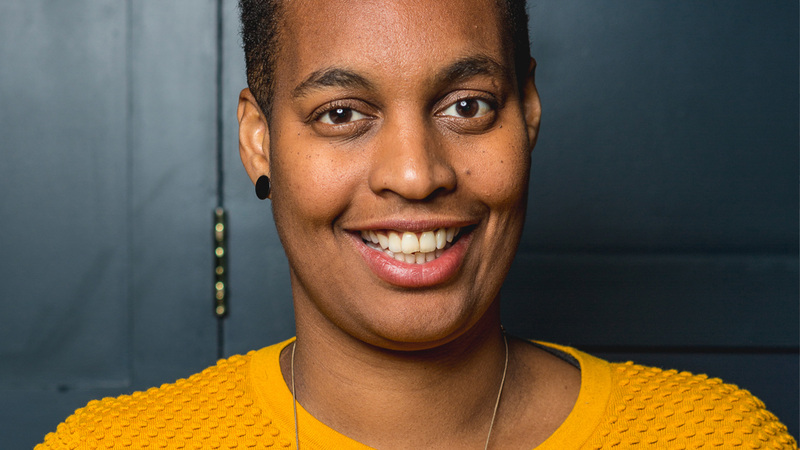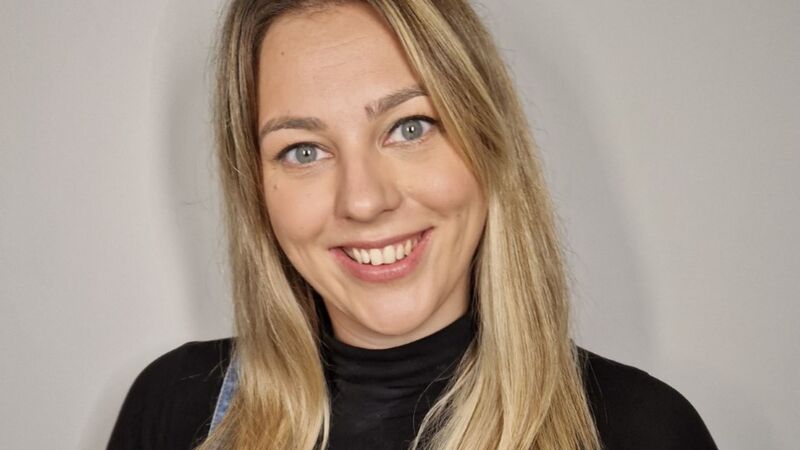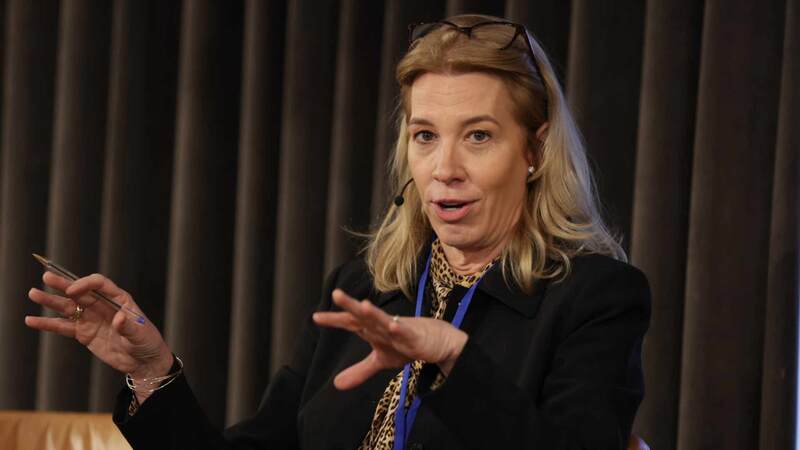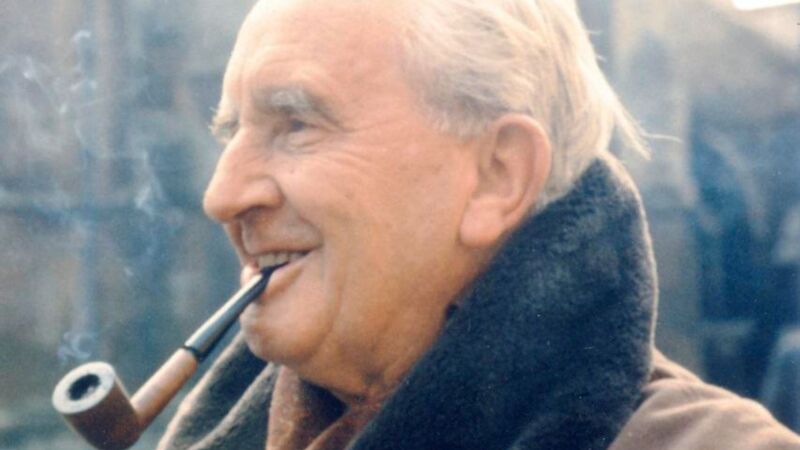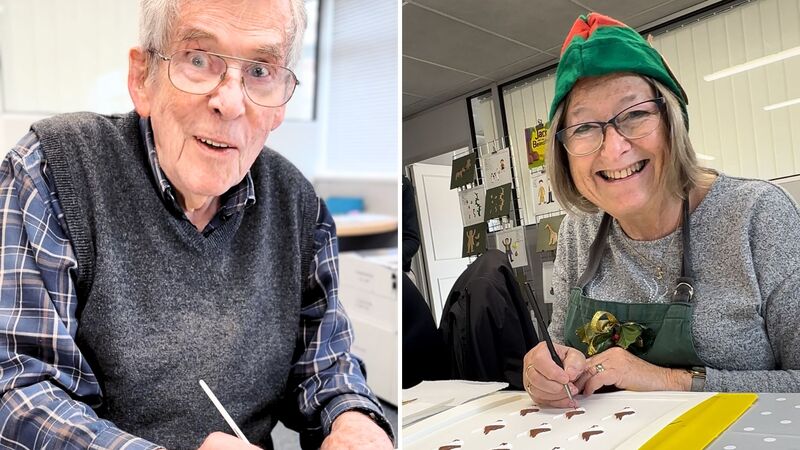You are viewing your 1 free article this month. Login to read more articles.
Picturing war: talking to children about Ukraine using picture books
Here are some of the best books you can use to help children explore issues of war, conflict and migration in an appropriate and nuanced way.
I am a home-educating mother of four children, aged four to 11. I am a champion of children’s books with a passion for using picture books with children of all ages. Whenever we are learning something new or talking about something sensitive, we always start with a book. Over the last few weeks, my children have become increasingly aware of the Russian invasion of Ukraine. My 11-year-old twins have lots of questions from things they see and hear in The Week newspaper and on CBBC’s "Newsround". To help answer their questions and explain what is happening to families like ours in Ukraine, we have been reading lots and lots of picture books.
As for the younger ones, while it is not appropriate to talk directly to young children about the horrors of war and the terror of persecution, we can use books to help them understand why it is important to be kind to everyone, no matter who they are or where they come from, and help them recognise and reject the language of hatred and prejudice. With my littlest learners, we focus on books that will facilitate discussions about the importance of kindness and the big impact small acts of kindness can have.
Here are some of the best books we have found to help children explore issues of war, conflict and migration in an appropriate and nuanced way.
Hello! A Counting Book of Kindnesses by Hollis Kurman (author) and Barroux (illustrator), Otter-Barry Books
This unique counting book shows the power of acts of kindness in helping people who have to flee from their homes in search of safety. From one boat to 10 friends, it helps little ones understand the little things we can do that can make a big difference when welcoming someone to a new country.
Just Like You by Jo Loring-Fisher, Otter-Barry Books
While it is important to accept and celebrate differences, it is also important to remember that really, in many ways we are very much the same. We are all people; we all love and speak and sing. We can and should be kind and accepting and treat others as we would like to be treated ourselves. This simple story of empathy, warmth and hope, nominated for the Yoto Carnegie Greenaway Awards 2022, is brought to life with beautiful, gentle illustrations.
Lubna and Pebble by Wendy Meddour (author) and Daniel Egnéus (illustrator), Oxford Children’s
Lubna is a refugee, forced to leave her home. She has only a stone, Pebble, that she found on the beach before arriving at the World of Tents. A new lost boy arrives. Lubna and Pebble make friends with the frightened boy. When Lubna and her father leave the camp for a new home, Lubna leaves Pebble with the boy. A true act of kindness, of friendship, of sacrifice. This is a heartbreaking yet heartwarming story about the power of friendship. My children now all have their own pebble friends and have made them shoebox houses.
My Name is Not Refugee by Kate Milner, Barrington Stoke
It is hard for young ones to understand that many children are forced from their homes into dangerous journeys in search of somewhere safe. This book tells the story of a refugee child; a small boy is told that he must leave, say goodbye to friends and only take what he can carry. The author asks directly: what would you take? This has really helped guide our discussions, developing understanding and empathy. As a parent, I recognise the parent in this book trying to make a bad situation sound not so frightening to their child. We begin to see their courage and resilience. We begin to think, what can we do? What can we do to help and show we care?
The Last Garden by Rachel Ip (author) and Anneli Bray (illustrator), Hachette Children’s
This story of war, peace and hope was inspired by true events in Syria and war gardens throughout history. As the war rages on, Zara looks after her garden. She grows fruits, flowers, herbs and vegetables for the people of her city… until one day, they are not allowed in anymore. But Zara’s garden grows through the conflict, and when the children return it is full of life and colour. A stunning illustration of the power and resilience of nature, this book shows how we can be healed and soothed by the world around us. With older children we can use it as a jumping-off point to further explore stories of refugees and migration, and research charities and organisations that support those who are displaced. Some may have questions about acts of war, about people’s behaviour and motivations, and this supports us to explore them in an appropriate way.
The Day War Came by Nicola Davies (author) and Rebecca Cobb (illustrator), Walker Books
With illustrations from the well-known Rebecca Cobb (The Paper Dolls), this book is an accessible way to begin conversations with children around war and global conflicts. A little girl is at school when war comes. It turns her town to rubble. In a new place, the little girl is turned away from a school, told there is no room, no chair for her to sit on. A young boy finds the little girl and brings her a chair, so that she can come to school. The other school children bring chairs too so that all the refugee children can come to school. A reminder that we should all show kindness and make new people feel welcome, no matter where they come from, all couched in a relatable context.
The King Who Banned the Dark by Emily Haworth-Booth, Pavilion
A creative and safe introduction to the impact of politics on our daily lives. The story begins with a king who wants to ban the dark—and peril deepens when his advisors begin an all-too-familiar-sounding campaign of misinformation, deceiving the people with scary rumours, fake news and misleading slogans on buses. This book is brilliant for helping children understand the dangers of giving into fear and the consequences of the actions of people in powerful positions, and the accompanying teaching notes help children to understand the allegory even more. One activity suggestion linked to this which my children really enjoyed was using Chinese Whispers to see how news can be changed and distorted.
Escape: One Day We Had to Run by Ming and Wah (authors) and Carmen Vela (illustrator), Lantana Publishing
This book offers 12 remarkable true stories about people who have had to leave their homes, from different places around the world and from different periods of history, whether because of war, famine, slavery, intolerance, economic and political upheaval, or climate change. The incredibly moving thing about these stories is that so many of those fleeing in terror not only save themselves but work hard to help and save others too. They demonstrate bravery, creative problem-solving, strength, resilience, kindness—fantastic lessons for us all.
